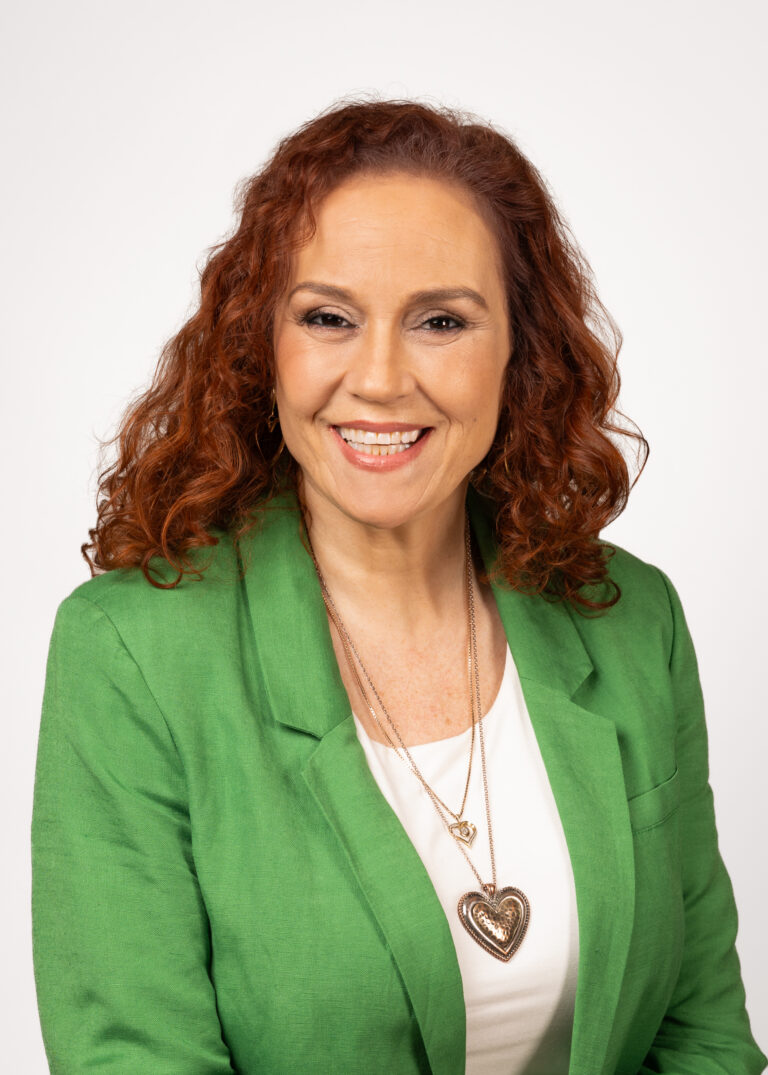Individual counselling in victoria & langford B.C.
Make Positive Changes In Your Life
Individual therapy can be helpful to anyone who wishes to make a change in their life, or who is trying to overcome struggles related to trauma, loss, relationship challenges, meaning making, anxiety or depression. Everyone struggles sometimes, and everyone deserves the expert confidential and non-judgmental care of a counsellor who can customize their approach to their needs. For many, therapy represents an opportunity to learn more about themselves and cultivate a joyful life free from emotional suffering.


Individual Therapy Can Help You:
- Heal from the past
- Understand your feelings, wants and needs
- Build self-esteem and courage to make new decisions
- Increase your self-awareness and ability to express yourself authentically
- Identify your life and career goals and make a plan to achieve them
- Learn healthy coping skills and better regulate your mood
- Improve your relationships
At NeurAlive, We Use A Variety Of Approaches To Help You Meet Your Wellness Goals, Including:
During your counselling sessions, all parts of you are warmly welcomed as you are supported to explore both the conscious and subconscious dimensions of your present moment experience. Equipping you with skills for self-regulation and reflection, you and your therapist will move at a pace that your nervous system can properly integrate, while you gain awareness of your thoughts, emotions, behaviours, and beliefs. Such understanding will allow you to glean the wisdom from your life experiences and move forward with greater responsibility and congruence in mind, body and spirit.
Cognitive behavioral therapy Cognitive (CBT) is a common treatment approach that helps you recognize and change negative or unhelpful thought and behavior patterns. Most commonly used for managing anxiety and depression, CBT uses a variety of strategies, including actively confronting one’s fears, relaxation techniques, and practice between sessions, in order to enact positive change in one’s life.
According to somatic therapy theory, the sensations associated with past trauma may become trapped within the body and reflected in facial expressions, posture, muscular pain, or other forms of body language. Talk therapy can help address this trauma, but depending on the needs of the person in treatment, therapeutic body techniques can be suggested to complement more conventional approaches (such as talk therapy) to provide holistic healing.
Internal Family Systems (IFS) uses Family Systems theory—the idea that individuals cannot be fully understood in isolation from the family unit—to develop techniques and strategies to effectively address issues within a person’s internal community or family, represented as varied parts of the Self or subpersonalities.
EMDR (Eye Movement Desensitization and Reprocessing) is an information processing therapy that helps clients cope with trauma, addictions, and phobias. During this treatment, the client focuses on a specific thought, image, emotion, or sensation while simultaneously watching the therapist’s finger or baton move in front of his or her eyes. The client is told to recognize what comes up for him/her when thinking of an image – then the client is told to let it go while doing bilateral stimulation. It’s like being on a train; an emotion or a thought may come up and the client lets it pass as though they were looking out the window.
Mindfulness-based cognitive therapy (MBCT) combines cognitive therapy which involves reviewing and replacing maladaptive thought patterns with meditation and the cultivation of a present-oriented, non-judgmental attitude called “mindfulness”.
A ‘transpersonal’ approach integrates the spiritual or transcendent aspects of life into the therapeutic process. Existential psychotherapy focuses on concepts that are universally applicable to human existence including death, freedom, responsibility, and the meaning of life. Both are similar in the challenges they address, but transpersonal has a greater focus on the spiritual aspect of the human experience.
FAQ
Frequently Asked Questions
How Can Counselling Help Me With My Specific Issues?
Counselling can be highly beneficial in addressing your specific issues by providing a safe and non-judgmental space to express your thoughts and emotions. A trained counsellor will actively listen and offer empathetic support, helping you feel understood and validated. Through this therapeutic relationship, you can gain valuable insights into the root causes of your problems, and the counsellor can assist you in developing effective coping strategies and problem-solving skills. Whether you are dealing with stress, anxiety, relationship difficulties, grief, addiction, or any other challenges, counselling equips you with tools and techniques to manage your emotions and navigate through life’s obstacles more effectively. Additionally, counselling can promote personal growth and self-awareness, empowering you to make positive changes and lead a more fulfilling life.
How Do I Know if I Should Seek Counselling?
Both counselling and neurofeedback can provide relief from mental health challenges such as depression, anxiety, adhd, ptsd etc. However, you don’t have to be diagnosed with a specific condition to access our services. Perhaps you are going through a big transition in life, are experiencing a loss, or maybe you just feel like there’s something holding you back from meeting your full potential. We’ll meet you wherever you’re at to provide you with the tools you need to be your best self. Book a free confidential consultation for help on deciding upon a treatment plan at NeurAlive.
How Long Does Counselling Typically Last?
The duration of counselling can vary depending on several factors, including the nature of the issues being addressed, the individual’s goals, and their progress during the sessions. In some cases, a few sessions may be sufficient to achieve the desired outcomes, while more complex or deep-rooted concerns might require longer-term therapy. Generally, short-term counselling might span 6 to 12 sessions, while longer-term therapy could extend to several months or even years for more in-depth exploration and support. The frequency of sessions (weekly, bi-weekly, or monthly) can also influence the overall duration of counselling. Ultimately, the length of counselling is a collaborative decision between you and your counsellor, and it can be adjusted based on your evolving needs and progress.
Will My Counselling Sessions Be Confidential?
Yes, counselling sessions are typically confidential. Confidentiality is a fundamental ethical principle in the field of counselling, and counsellors are bound to maintain the privacy of their clients’ information. This means that anything discussed during your counselling sessions will be kept confidential and not shared with anyone outside of the therapeutic relationship, except in certain specific situations. These exceptions may include situations where there is a risk of harm to yourself or others, cases of child abuse or neglect, or when required by law. However, your counsellor will explain their confidentiality policy during your first session, ensuring that you have a clear understanding of the limits of confidentiality and when and why they might need to disclose information. Rest assured that the goal of confidentiality is to create a safe and trusting environment for you to openly explore your thoughts and feelings during counselling.
What Are The Qualifications And Credentials Of The Counsellor?
The qualifications and credentials of a counsellor can vary depending on their training and specialisation. Typically, a professional counsellor holds a minimum of a master’s degree in counselling or a related field. They may have completed specialised training and certifications in specific therapeutic approaches or areas of expertise, such as cognitive-behavioural therapy (CBT), family therapy, or trauma counselling. Additionally, counsellors often acquire licensure or accreditation from professional organisations or regulatory bodies in their country or state. These credentials ensure that the counsellor has met specific standards of education, training, and ethical practice. When seeking a counsellor, it’s essential to inquire about their qualifications, credentials, and experience to ensure they are well-equipped to address your specific concerns effectively.
What Happens If I Don't Feel Comfortable With My Counsellor?
If you don’t feel comfortable with your counsellor, it’s essential to address this concern. Building a trusting and positive therapeutic relationship is crucial for effective counselling. If you don’t feel at ease or supported, consider discussing your feelings with the counsellor directly. A skilled counsellor will be understanding and open to feedback, and they may adjust their approach or explore alternative strategies to better meet your needs. However, if you still find that the discomfort persists, it’s completely acceptable to seek a different counsellor. Your comfort and well-being are paramount, and finding the right fit with a counsellor who understands and supports you is crucial for a successful therapeutic experience. Don’t hesitate to express your concerns or explore other options until you find a counsellor with whom you feel a positive connection.
Can Counselling Help With Stress, Anxiety, Or Depression?
Yes, counselling can be highly beneficial in addressing and managing stress, anxiety, and depression. A trained counsellor can provide a supportive and non-judgmental space for you to explore the underlying causes of your stress, anxiety, or depression. They can help you identify negative thought patterns and coping mechanisms that may be contributing to your emotional challenges. Through various therapeutic techniques, such as cognitive-behavioural therapy (CBT), mindfulness, and relaxation exercises, counselling can equip you with effective strategies to reduce stress, manage anxiety, and alleviate symptoms of depression. Additionally, counselling offers emotional support and validation, which can be crucial in the healing process. If needed, a counsellor may also work with you to develop a safety plan or recommend further support, such as psychiatric evaluation or medication, in more severe cases.


















